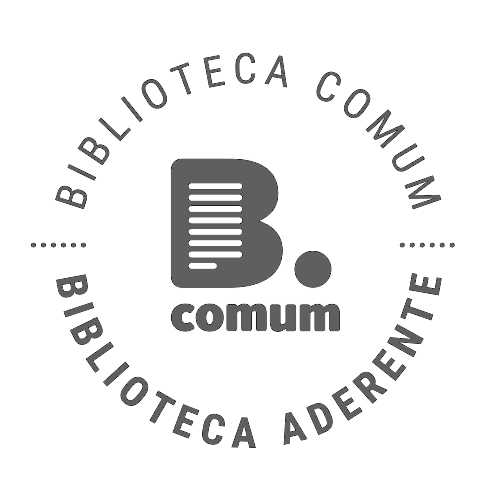A Generative Theory of Shape (Lecture Notes in Computer Science, 2145) / Michael Leyton
Main Author Leyton, Michael , Language Inglês. Publication [s.l] : Springer, 2001Description 554p. Series Lecture notes in computer science ISBN 3540427171 Abstract In this book, the author develops a generative theory of shape with two properties fundamental to intelligence: maximizing transfer of structure, and maximizing recoverability of generative operations. The theory is applied in considerable detail to CAD, perception, and robotics. A significant aspect of this book is the development of an object-oriented theory of geometry. This includes a group-theoretic formulation of object-oriented inheritance. In particular, a class of groups is developed called "unfolding groups", which define any complex shape as unfolded from a maximally collapsed version of itself called an "alignment kernel". The group is decomposed into levels corresponding to the inheritance hierarchy within the complex object. This achieves one of the main goals of the theory - the conversion of complexity into understandability. The advantages of the theory are demonstrated with lengthy studies of robot manipulators, perceptual organization, constructive solid geometry, assembly planning, architectural CAD, and mechanical CAD/CAM. Subjects Teoria da forma
Topologia
Programação geométrica
Teoria matemática
Robótica
Álgebra
Música
Método e técnica CBC T57.825.L49 2001
| Item type | Library | Location | Form | Call number | Copy number | Status | Direct Acess | Date due | Fund | Barcode |
|---|---|---|---|---|---|---|---|---|---|---|
| Book | Biblioteca Vitorino Magalhães Godinho | Sala de Leitura | CESEM TMT 177 | 1 | Available | 1974CESEM |
In this book, the author develops a generative theory of shape with two properties fundamental to intelligence: maximizing transfer of structure, and maximizing recoverability of generative operations. The theory is applied in considerable detail to CAD, perception, and robotics. A significant aspect of this book is the development of an object-oriented theory of geometry. This includes a group-theoretic formulation of object-oriented inheritance. In particular, a class of groups is developed called "unfolding groups", which define any complex shape as unfolded from a maximally collapsed version of itself called an "alignment kernel". The group is decomposed into levels corresponding to the inheritance hierarchy within the complex object. This achieves one of the main goals of the theory - the conversion of complexity into understandability. The advantages of the theory are demonstrated with lengthy studies of robot manipulators, perceptual organization, constructive solid geometry, assembly planning, architectural CAD, and mechanical CAD/CAM.



There are no comments for this item.